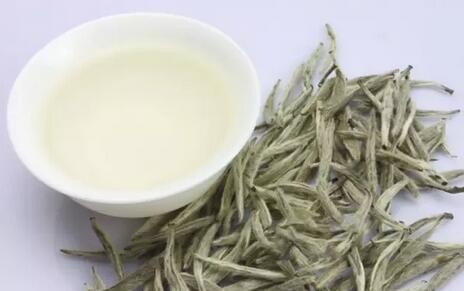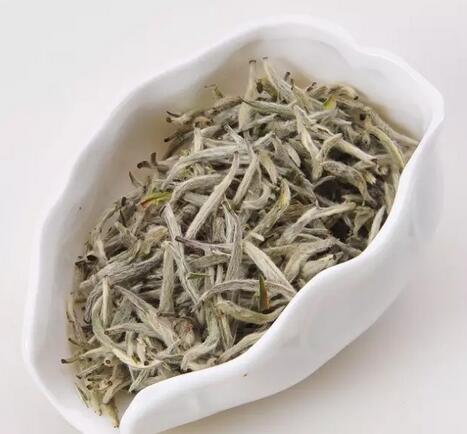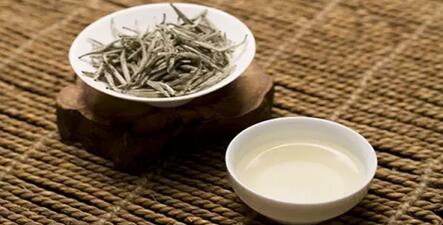About the efficacy of white tea, there has been a folk saying: one year tea, three years medicine, seven years treasure. White tea is a lightly fermented tea, cool in nature, but after three years of transformation, its tea nature becomes warm. White tea aged more than three years also has many health benefits. So, who is white tea suitable for?

1. People with poor digestion
Old white tea can aid digestion and promote appetite because tea leaves contain complex ingredients such as caffeine, theophylline, and theobromine, which significantly stimulate gastric acid secretion and promote gastric motility. It has good anti-inflammatory effects and can help treat ulcers.

2. The elderly
White tea has health benefits such as three anti-effects (anti-radiation, anti-oxidation, anti-tumor) and three reductions (lowering blood pressure, lowering blood lipids, lowering blood sugar). It has a mild tea nature. Although green tea is more effective in anti-radiation, green tea is cold in nature and contains higher levels of caffeine, which can easily affect the heart rate of the elderly and disrupt sleep. (The elderly should not drink tea that is too strong; generally, about 5 grams of tea per day is recommended.)

3. Children with measles and fever
Aged white tea can be used as a fever reducer for children with measles, and its effect is better than antibiotics. In North China and Fujian, it is widely regarded as a good medicine for treating and caring for measles patients. It is cold in nature and has effects similar to rhinoceros horn, which the ancients called the holy medicine for treating measles.

4. Office workers
White tea has a good eye-brightening effect, and its medicinal value increases with storage time. White tea is rich in vitamin A, which is quickly converted into vitamin A after being absorbed by the body. Vitamin A can improve vision in low light and prevent night blindness and dry eye syndrome.

5. Diabetic patients
White tea has auxiliary treatment and preventive effects for diabetes. In addition to the inherent components of other teas, white tea also contains active enzymes needed by the human body. Long-term consumption of white tea can significantly increase the activity of lipase in the body, promote fat decomposition and metabolism, effectively control insulin secretion, delay the intestinal absorption of glucose, decompose excess sugar in the blood, and promote blood sugar balance.

6. People with liver problems
White tea is rich in a flavonoid called dihydromyricetin. This natural substance can protect the liver, accelerate the rapid decomposition of acetaldehyde, a metabolite of ethanol, into non-toxic substances, and reduce damage to liver cells.